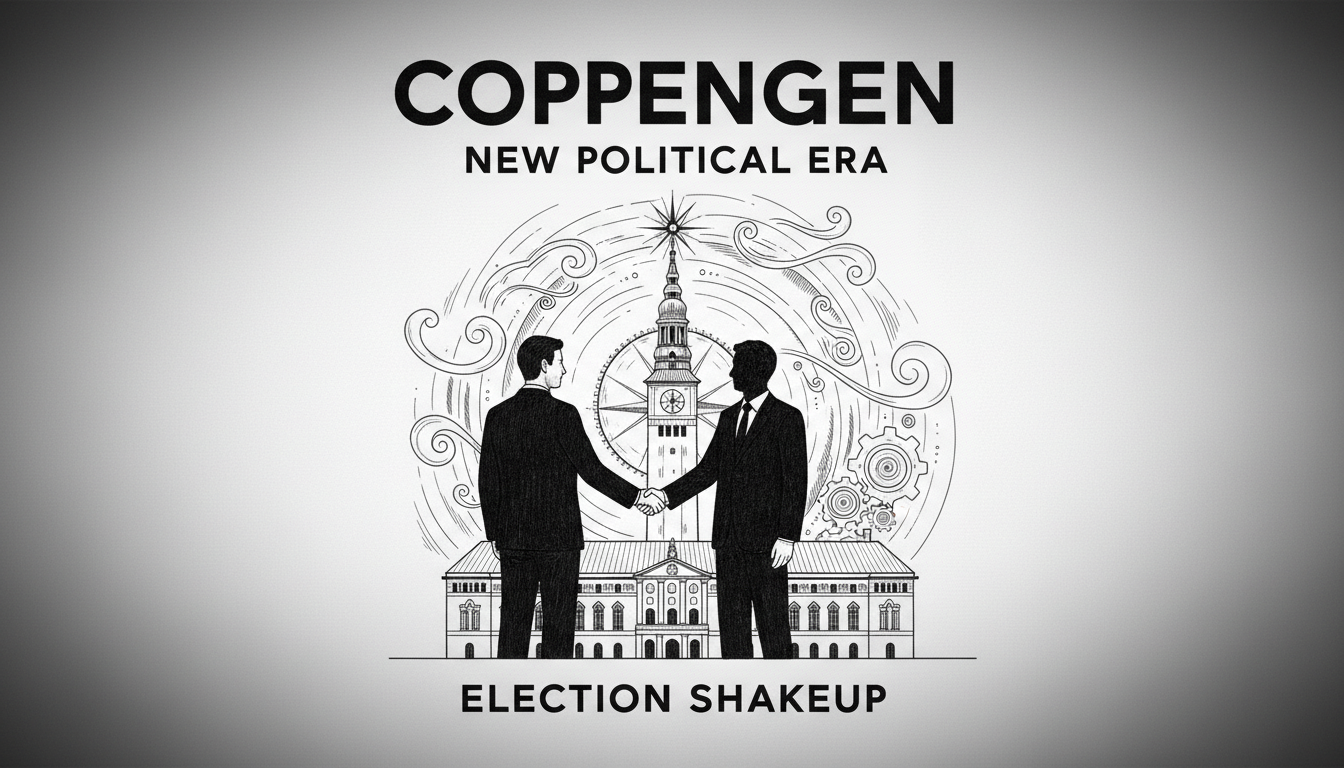Pernille Rosenkrantz-Theil will become Copenhagen's employment, integration and business mayor after failing to secure the city's top political position. The Social Democrat politician accepted the role following Tuesday's municipal elections that dramatically reshaped Copenhagen's political landscape.
The election ended more than a century of Social Democratic leadership in Denmark's capital city. Sisse Marie Welling from the Socialist People's Party captured the mayor's office instead. This outcome became clear when her party formed a broad coalition in Copenhagen's City Council without including the Social Democrats.
What does this political shift mean for Copenhagen's future? The change represents a significant departure from traditional power structures in Danish municipal politics. Copenhagen voters have clearly signaled their desire for new leadership approaches.
Rosenkrantz-Theil announced her choice of mayoral position Wednesday evening. The parties behind the coalition agreement also confirmed that Jens-Kristian Lütken from the Liberal Party will become health and care mayor. The new mayors will assume their positions at the start of the new year.
The election results reveal interesting dynamics within Copenhagen politics. The Socialist People's Party received 17.9 percent of votes, making them the second-largest party. The Red-Green Alliance actually emerged as the largest party with 22.1 percent of votes.
Their lead candidate Line Barfod had hoped to claim the mayor's position herself. But Barfod couldn't gather majority support behind her candidacy. She will instead serve as technical and environmental mayor, the same position she held following the 2021 election.
This Copenhagen political transition reflects broader trends in Nordic urban governance. Major cities increasingly favor coalition governments over single-party dominance. The arrangement shows how Danish municipalities balance proportional representation with practical governance needs.
International observers should note how Copenhagen's new employment and integration policies might affect foreign residents and businesses. The city's approach to these areas often sets trends across the Nordic region. The new employment mayor will face immediate challenges including labor market integration and business development in a changing economic climate.
The political realignment demonstrates that even established Nordic democracies experience substantial power shifts. Voters in Copenhagen have clearly decided that after more than 100 years, it was time for change at City Hall.

